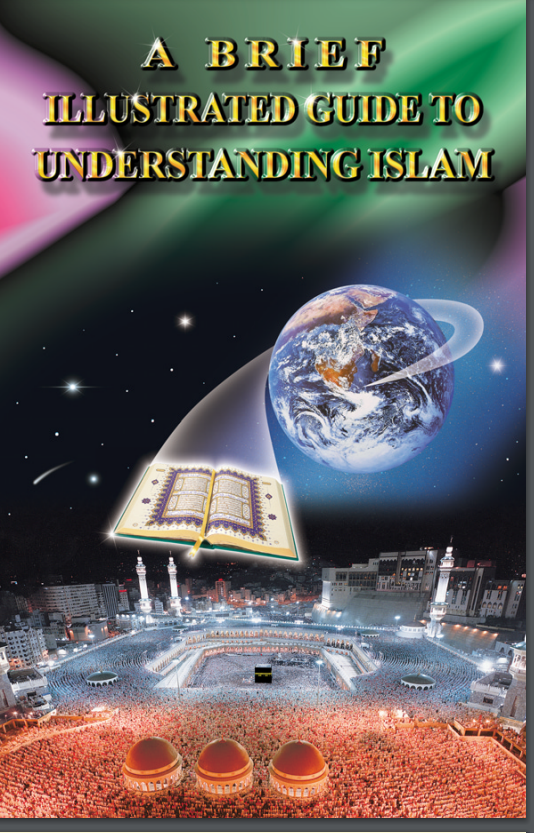Explore Islam

Tennent’s of Islam

I believe in Allah and in his angels and in his book and in his messengers and in the last day
and in fate that everything, good or bad is decided by Allah, the Almighty, and in the life after death - Qur'an (4:136)
Oneness of God
Every Muslim believes there is only One God, Supreme and Eternal, and He is the Creator and Sustainer, the Merciful and Compassionate....
Angels of God
God has created these spiritually pure obedient beings. Their sole objective is to worship God and fulfill His Commands....
Revelations of God
Every Muslim must believe in the Revelations (Books) sent by God Almighty to His Prophets....
Prophets of God
God Almighty has conveyed His Revelations through the institution of prophethood. The primary role of the prophet/s was to teach....
Day of Reckoning
Muslim believe that every human being is accountable for his actions in his lifetime. These actions are partially responsible for the final abode....
Predestination (Al-Qadr)
Al-Qadr is the belief in predestination. This means that God the Omniscient already knows everything that is going to happen....
Belief in Resurrection after Death
Every Muslim must believe that on the Day of Judgement all dead will be brought back to life (i.e., resurrected) to face...
Five Pillars of Islam

The Five Pillars of Islam are the framework of a Muslim’s life. They are the testimony of faith, prayer, giving zakat (charity), fasting during the month of Ramadan and the pilgrimage to Makkah once in a lifetime for those who are able.
Declaration of Faith
The testimony of faith is saying with conviction, “There is no true god but God (Allah),1 and Muhammad is the Messenger (Prophet) of God.”....
Prayer
Muslims perform five prayers a day. Prayer in Islamis a direct link between the worshipper and God. There are no intermediaries between God and....
Charity
All things belong to God, and wealth is therefore held by human beings in trust. Giving Zakat (charity) means ‘giving a specified percentage....
Fasting
Every year in the month of Ramadan, Muslims fast from dawn until sundown, abstaining from food, drink....
Pilgrimage
The annual pilgrimage (Hajj) to Makkah is an obligation once in a lifetime for those who are physically and financially....
Qur'an - The Final Revelation

NEVER ALTERED - NEVER CHANGED - BILLIONS READ IT - MILLIONS MEMORISE IT
'This is the Book about there is no doubt, a guidance for those conscious of Allah(God)' – Qur’an verse (2:2)
Last Testament of God
The Quran is the most frequently read book in the world and revered by Muslims as being God’s literal word....
True word of God
The Qur’an, the last revealed word of God, is the primary source of every Muslim’s faith and practice....
Purpose of the Revelation
“Verily, We have sent down to you (O Muhammad (PBUH)) the Book for mankind in truth. So whosoever....
The Noble QUR'AN
The Quran is the most frequently read book in the world. The Quran is unique in being the only Scripture that is free of scientific inaccuracies, whose historical authenticity can be verified and those text has been so carefully preserved that just one authorized version (in Arabic) exists....
THIS BOOK IS REVELEAD TO TAKE YOU OUT OF DARKNESS INTO THE LIGHT. GIVES YOU FREEDOM FROM THE MAN MADE IDOLS AND LEADS YOU TO ONE TRUE GOD.
Other Topics


